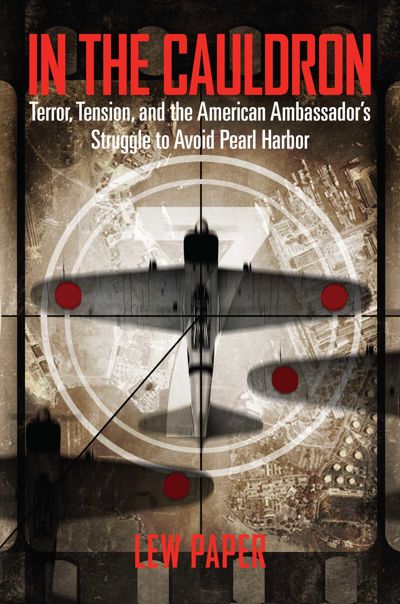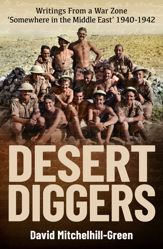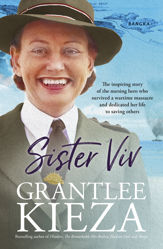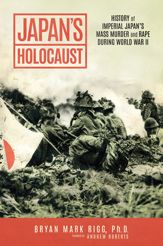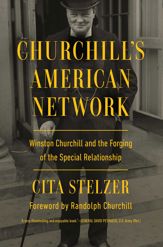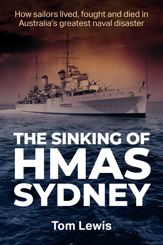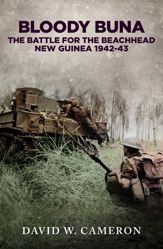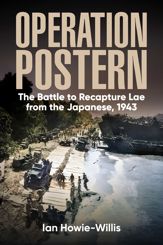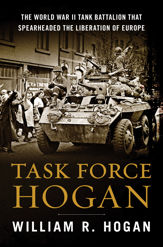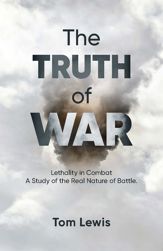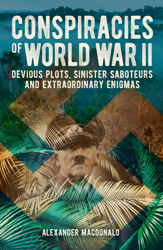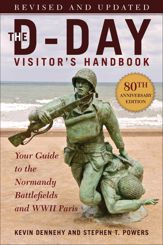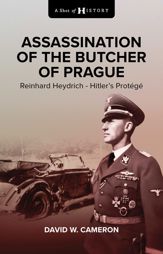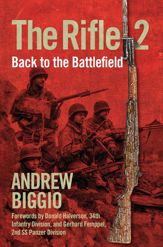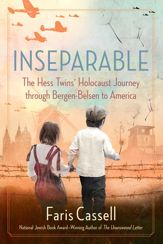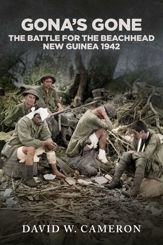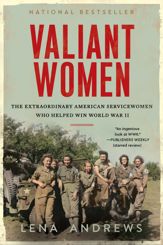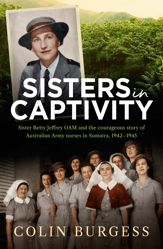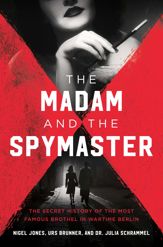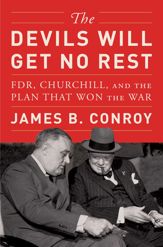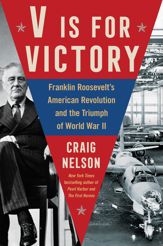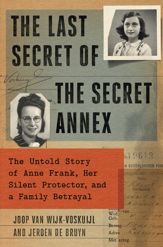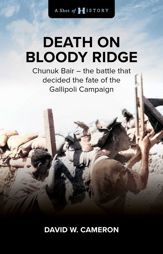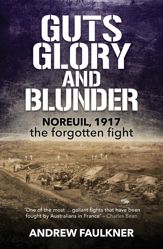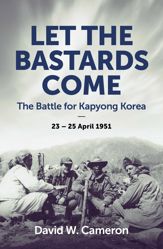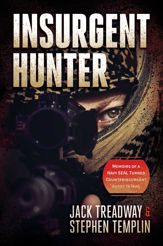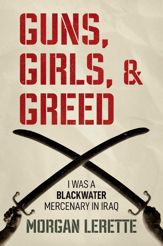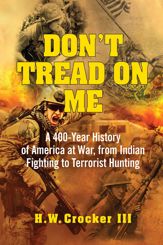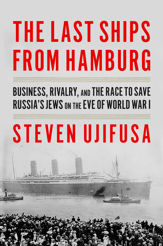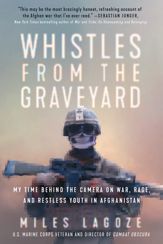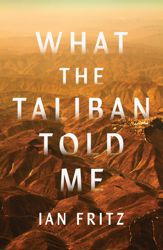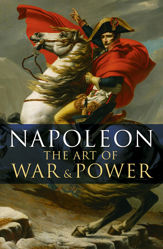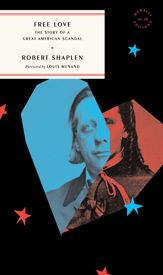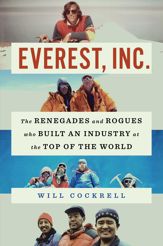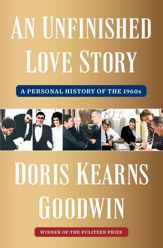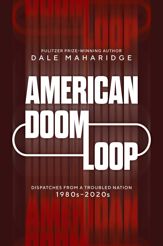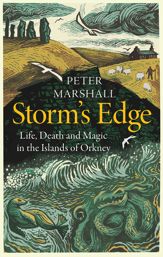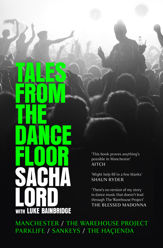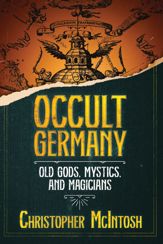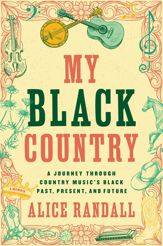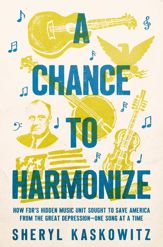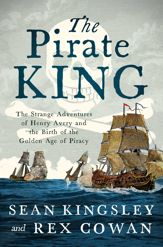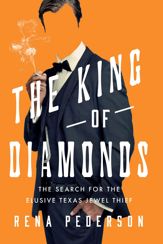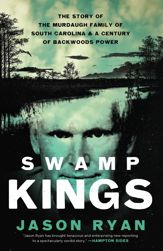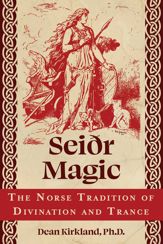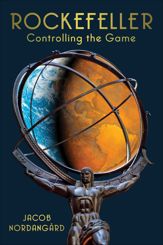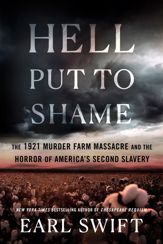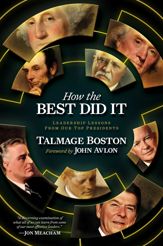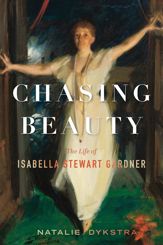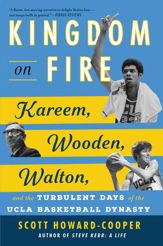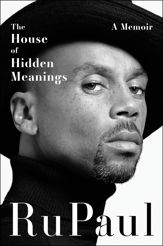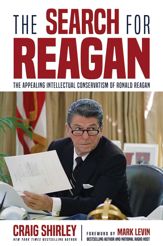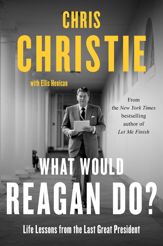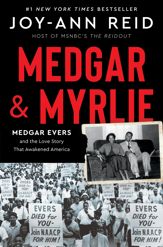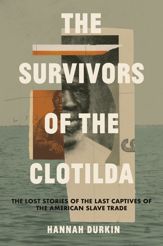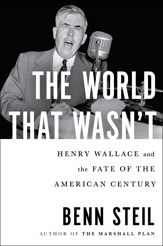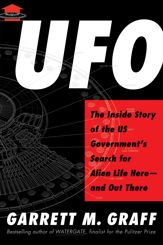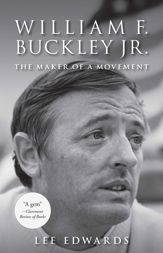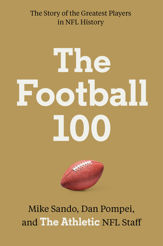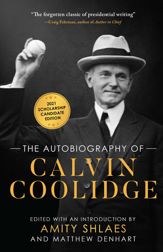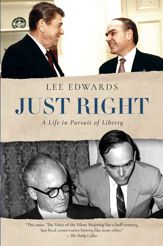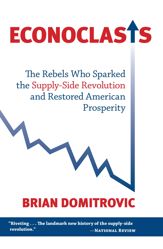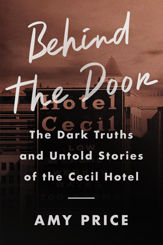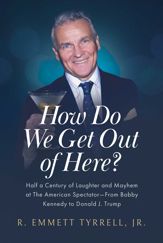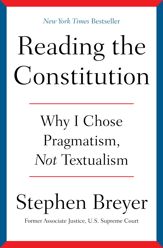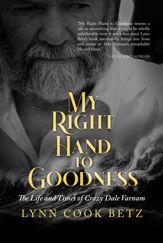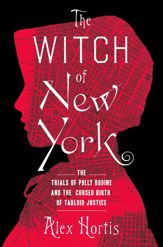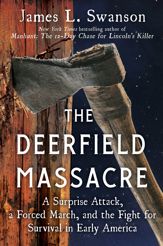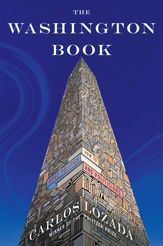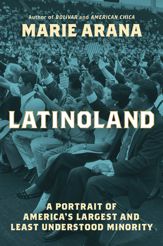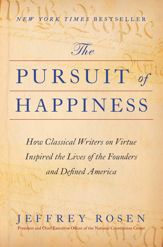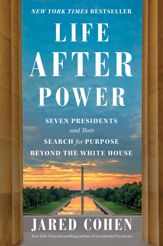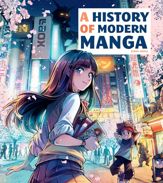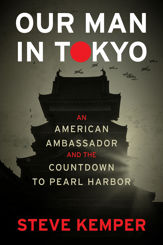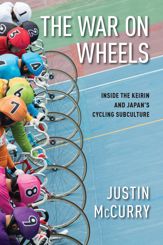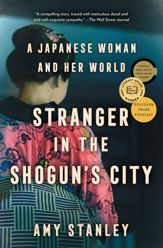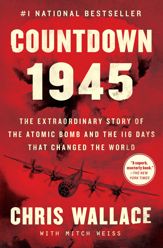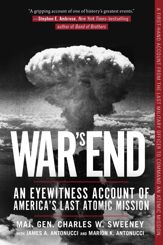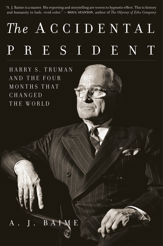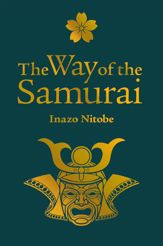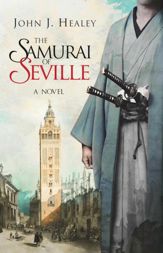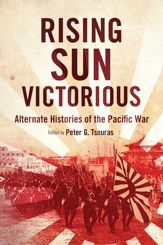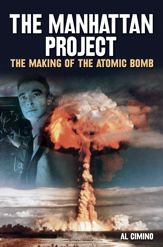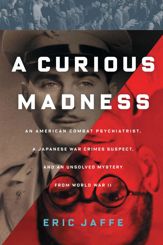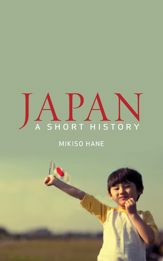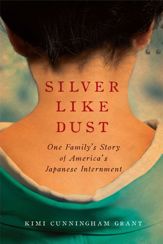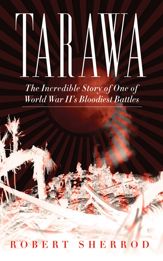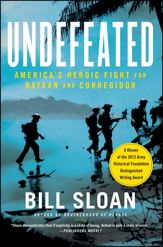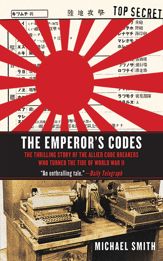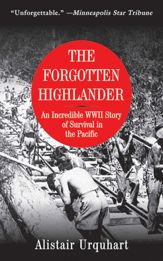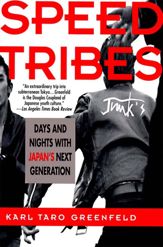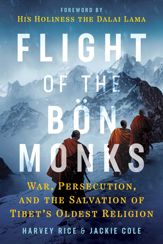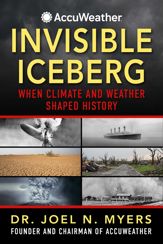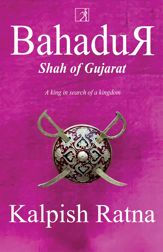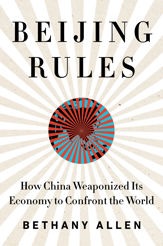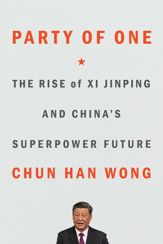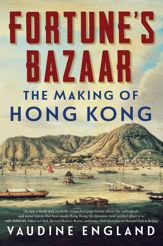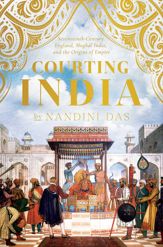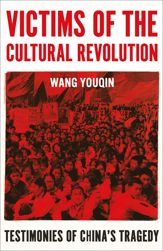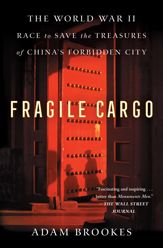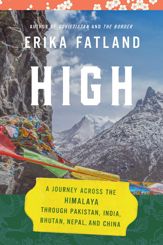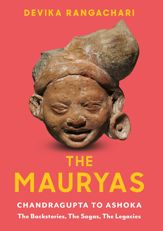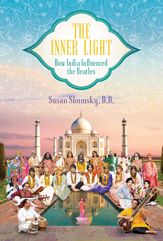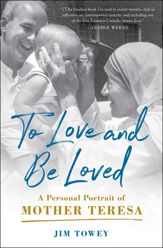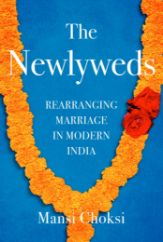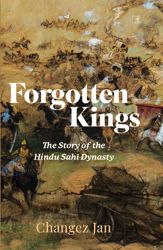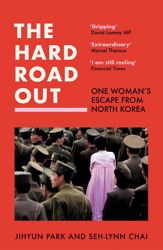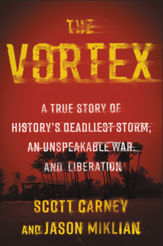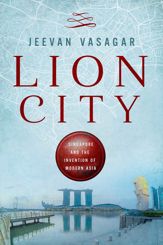"In the Cauldron tells one of the great overlooked stories of World War II. Lew Paper delivers a riveting tale with deep research and compelling prose."
Description
“The underbrush through which Mr. Paper cuts his way . . . would be challenging for any writer. But Mr. Paper, with an eye for character and an easy narrative style, manages to keep his subject interesting. . . . And even though we know how it’s all going to end, Mr. Paper manages to add a measure of suspense to his narrative — a tribute to his abilities as a writer.” —The Washington Times
This is not just another book about Pearl Harbor. It is the story of Joseph Grew, America’s ambassador to Japan, and his frantic effort in the months before the Pearl Harbor attack to orchestrate an agreement between Japan and the United States to avoid the war he saw coming. It is a story filled with hope and heartache, with complex and fascinating characters, and with a drama befitting the momentous decisions at stake.
And more than that, it is a story that has never been told.
In those months before the Pearl Harbor attack, Japan and the United States were locked in a battle of wills. President Franklin D. Roosevelt's economic sanctions were crippling Japan. America's noose was tightening around Japan's neck — but the country's leaders refused to yield to American demands.
In this cauldron of boiling tensions, Joseph Grew offered many recommendations to break the deadlock. Having resided and worked in Tokyo for almost ten years, Grew understood what Roosevelt and his administration back home did not: that the Japanese would rather face annihilation than endure the humiliation of surrendering to American pressure.
The President and his administration saw little need to accept their ambassador’s recommendations. The administration’s policies, they believed, were sure to succeed. And so, with increasing urgency, Grew tried to explain to the President and his administration that Japan’s mindset could not be gauged by Western standards of logic and that the administration’s policies could lead Japan to embark on a suicidal war with the United States “with dangerous and dramatic suddenness.”
Relying on Grew’s diaries, letters and memos, interviews with members of the families of Grew and his staff, and an abundance of other primary source materials, Lew Paper presents the gripping story of Grew’s effort to halt the downward spiral of Japan’s relations with the United States. Grew had to wrestle with an American government that would not listen to him – and simultaneously confront an increasingly hostile environment in Japan, where pervasive surveillance, arbitrary arrest, and even unspeakable torture by Japan's secret police were constant threats.
In the Cauldron reads like a novel, but it is based on fact. And it is sure to raise questions whether the Pearl Harbor attack could have been avoided.
Reviews
"Lew Paper’s In the Cauldron is simply the best treatment of Ambassador Joseph Grew and the run-up to the Pacific War. Engaging writing and thorough research make the book a must read for both the historian and the general audience."
"Lew Paper's In the Cauldron is a compelling narrative of events leading up to Pearl Harbor. Even though we know the end, the book is hard to put down. Being a US ambassador is a tremendous privilege but can be very challenging. Read this book and you will see why."
"Just when we think we understand all there is to know about Pearl Harbor, along comes Lew Paper with a riveting and superbly researched tale of the American ambassador to Japan, Joseph Grew, struggling to get word to Washington that an attack could be near. Telegrams of deceit, deception and delay speed back-and-forth across the Pacific during the final months before December 7, 1941. Even though we know the outcome, the reader feels the suspense and tension and cheers on the determined Grew to get through before the bombs drop.”
